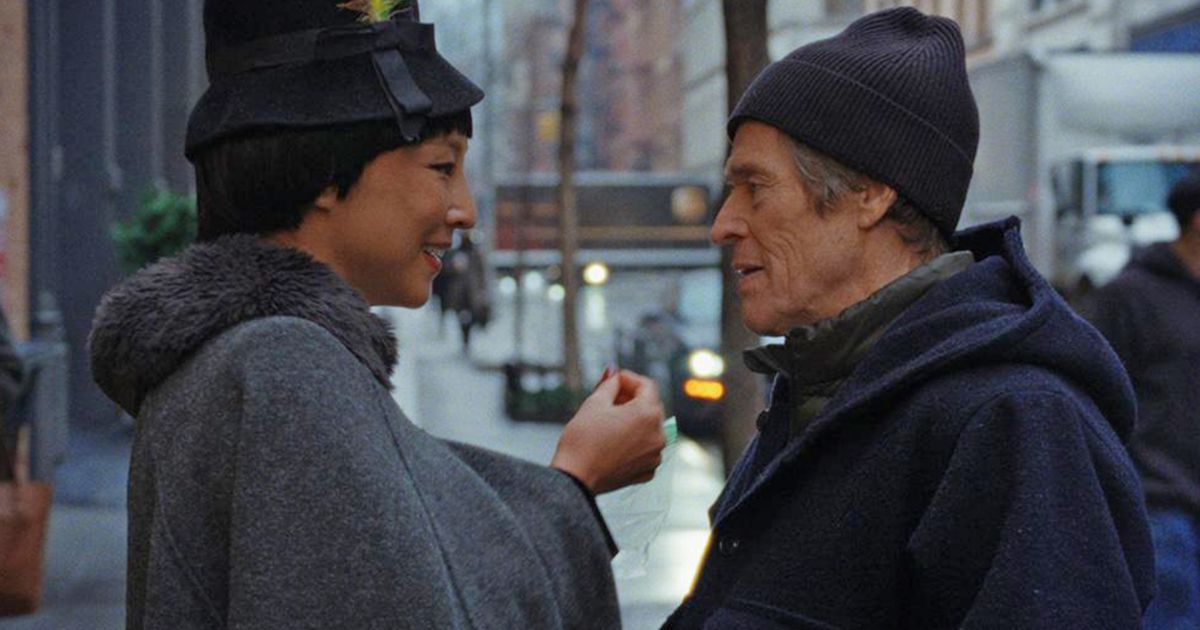
""You must have been beautiful when you were young," Greta Lee says to Willem Dafoe at one point in Kent Jones's Late Fame, and for those of us who well remember the actor's younger years - back when his skin was porcelain, his cheekbones sea-cliff sharp, and his eyes so angelically haunted - it's hard not to shout "Amen!" back at the screen."
"First, the line hits because it works within the context of the film: Ed Saxburger (Dafoe) is a postal worker who in his youth published a well-regarded but little-read book of poems, and he's in the midst of fondly (and melancholically) recalling all the promise of those early years in New York, when poetry was in the air, "downtown was another world, and Soho was like being on the moon.""
"The line also suggests that Lee's Gloria Gardner, a downtown actress with an aura of mystery to her, appreciates Saxburger in this moment not for who he is, but for who he once was and the world he once belonged to. (Though, let's face it: Dafoe still looks pretty great.) Loosely adapted from an Arthur Schnitzler novella, Late Fame, as the title implies, follows Saxburger's rediscovery by an odd group of young writers and thinkers calling themselves "the Enthusiasm Society.""
Ed Saxburger is a postal worker who once published a well-regarded but little-read book of poems and now fondly recalls his youthful promise in New York. Greta Lee's Gloria Gardner remarks on his former beauty and evokes the era when downtown felt like another world and Soho like being on the moon. The film is loosely adapted from an Arthur Schnitzler novella and follows Saxburger's rediscovery by the Enthusiasm Society, a group of young writers and thinkers. Led by the snobbish Wilson Meyers, they rail against monetization, influencer culture, and technology while remaining glued to devices and obsessed with branding.
Read at Vulture
Unable to calculate read time
Collection
[
|
...
]